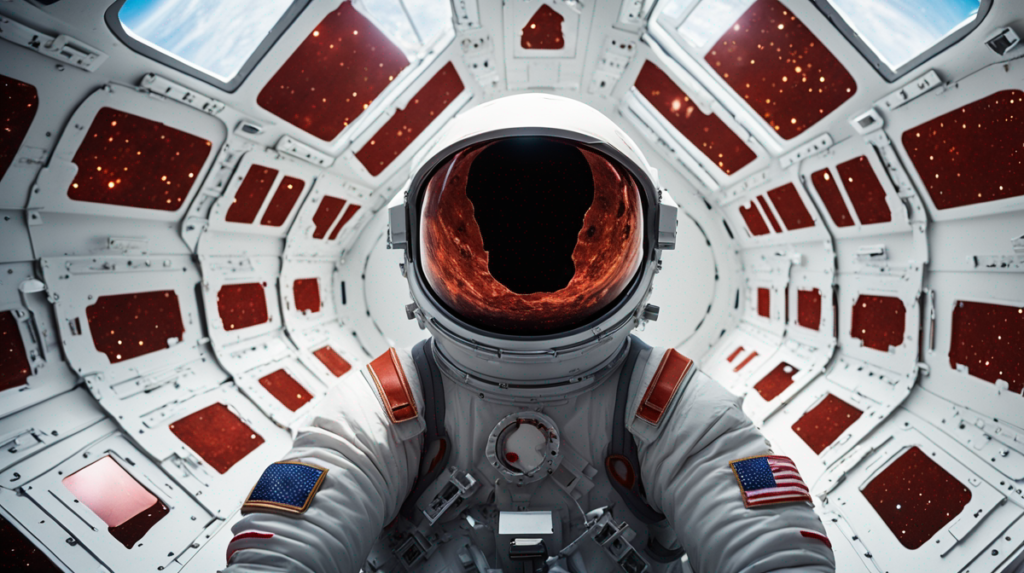
For decades, scientists have been fascinated by the prospect of sending humans to Mars. As space agencies worldwide, like NASA and SpaceX, chart out plans for manned missions to the Red Planet, it’s crucial to discuss the health challenges astronauts will face and solutions to mitigate them.
The Journey to Mars
To fully understand the health risks, we must consider the journey’s length to Mars. A trip to Mars could take between six to nine months, depending on the launch window and the planets’ alignment. During this time, astronauts are exposed to several risks, including prolonged weightlessness, solar radiation, and the psychological effects of isolation and confinement.
Effects of Microgravity
Sustained exposure to microgravity leads to a multitude of physiological changes. Astronauts experience muscle atrophy and bone loss, which could prove to be problematic once they reach the Martian surface, which has gravity only 38% that of Earth’s. Adapting to these changing gravity conditions could be very strenuous and potentially dangerous for the astronauts’ health.
Risk Of Cosmic Radiation
Unlike Earth, space lacks a protective magnetic field, leading to a higher exposure to cosmic radiation. This exposure increases the risk of cancer and could have harmful effects on the nervous system, potentially leading to cognitive impairments. Moreover, it can have deleterious effects on the cardiovascular system.
The Mental Toll of Isolation
The confined environment and the inherent isolation astronauts experience during this mission will have profound impacts on their mental health. Symptoms could range from insomnia and anxiety to depression. As such, strategies to support the mental health of astronauts throughout these missions are vital.
Mitigating Risks and Planning Ahead
Understanding these challenges is only the first step – finding ways to mitigate these risks is crucial. Ongoing research is focused on developing strategies to combat these issues.
Physical Countermeasures
Astronauts currently undertake rigorous physical training to minimize muscle atrophy and bone loss and are likely to continue this regimen throughout the mission. Moreover, developing space suits capable of simulating gravity could be a potential game-changer.
Radiation Protection
Investments are being made in radiation-shielding technologies for spacecraft, suits, and habitats on Mars. In addition, understanding more about the cellular damage caused by cosmic radiation could lead to the development of targeted therapies to help protect and repair the body.
Mental Health Support
Addressing the mental health of astronauts is just as important. Simple measures such as regular communication with loved ones and Earth, access to green spaces via hydroponics, and astronauts’ psychological support could prove beneficial.
Plans for human missions to Mars are becoming more concrete. As we increase our efforts to conquer the Red Planet, we must not undermine the health challenges. By raising awareness, conducting careful research, and planning, we can ensure that astronauts’ health is safeguarded during this epic voyage.
Last modified: 30 November 2023


















